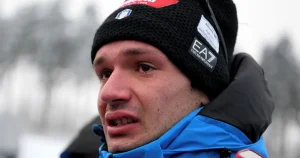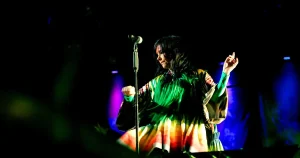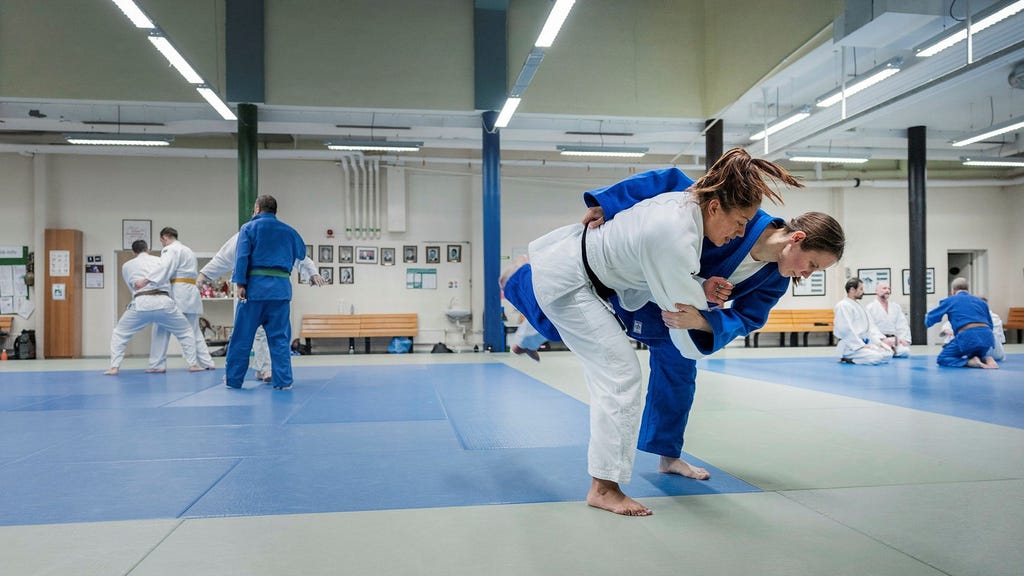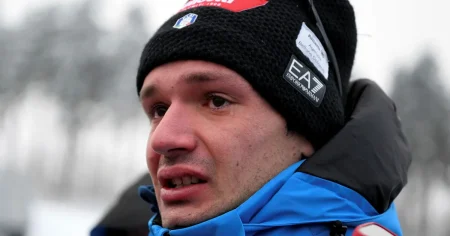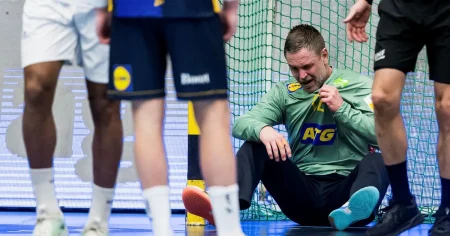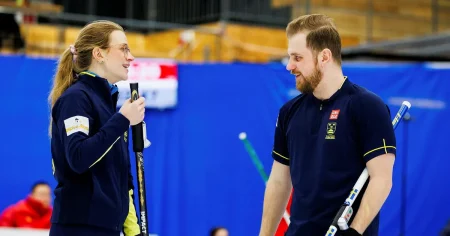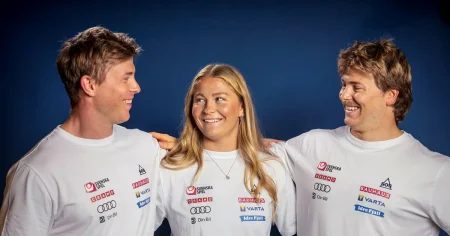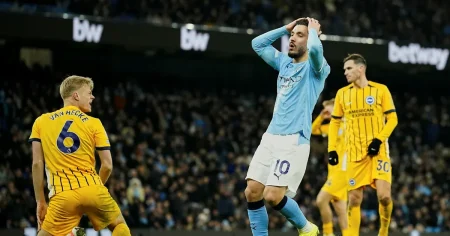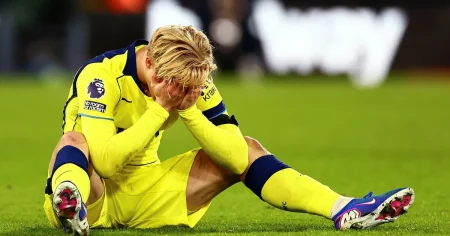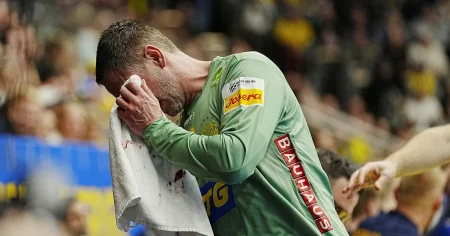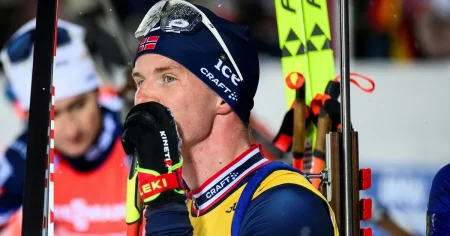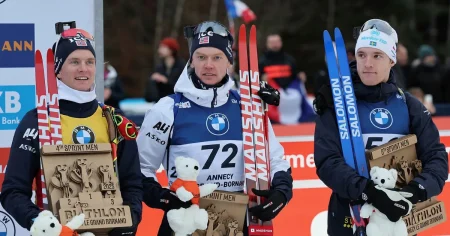Nicolina Pernheim Goodrich, a visually impaired judoka, achieved a remarkable bronze medal at the Paris 2024 Paralympics, her fifth Paralympic Games and a feat made even more extraordinary by the fact she had given birth to her daughter Selma just eight months prior. This achievement, lauded by the International Paralympic Committee as one of the Games’ most memorable moments, earned her the moniker ”supermom.” However, just two months after this pinnacle of her career, Nicolina received devastating news: Gothenburg municipality decided to withdraw her crucial personal assistance, a support system she has relied on since 2011 and credits for her elite athletic career. This decision left Nicolina initially confused, then heartbroken, and ultimately, furious.
The municipality’s decision to revoke Nicolina’s assistance coincides with a renewed national debate on personal assistance for individuals with disabilities in Sweden. The government faces accusations of basking in the glory of Paralympic successes while simultaneously undermining the support systems that enable such achievements. Critics point to austerity measures impacting the LSS (Act concerning Support and Service for Persons with Certain Functional Impairments) as evidence of a widening gap between rhetoric and reality regarding support for people with disabilities. Nicolina’s case has become emblematic of this struggle, highlighting the real-world consequences of funding cuts on individuals striving for an active and fulfilling life.
Nicolina’s training regime, observed during a session at the Gothenburg Judo Club, underscores the vital role of her personal assistant and coach, Mikaela Barrera Birath. Blind since birth, Nicolina, 33, relies on Mikaela’s guidance on and off the mat. Mikaela’s presence allows Nicolina to fully participate in training, providing physical cues and directions, ensuring safe navigation, and facilitating access to essential resources. This constant support is not simply a convenience but a fundamental requirement for Nicolina’s participation in the sport at an elite level. The seamless integration of Mikaela’s assistance demonstrates the well-established and effective partnership they have developed over 13 years of working together.
The municipality’s justification for withdrawing Nicolina’s assistance hinges on her perceived self-sufficiency and the advancements in assistive technology. Nicolina counters this argument by emphasizing that her independence is a direct result of the consistent support she has received. She also questions the effectiveness of technology as a replacement for human assistance, highlighting its limitations in navigating complex social and physical environments. As a visual pedagogue for children at the Vision Centre, Nicolina possesses professional expertise on the challenges faced by visually impaired individuals. She advocates for policymakers to experience life without personal assistance to gain a deeper understanding of its importance, underscoring the inadequacy of technology as a substitute for human support.
Nicolina’s fight extends beyond her personal struggle, encompassing the broader implications for the visually impaired community. She cites studies demonstrating the correlation between lower activity levels and poorer health among visually impaired individuals, emphasizing the societal cost of reduced access to essential support services. She argues that cutting LSS funding is a counterproductive measure that will ultimately increase healthcare costs in the long run. Nicolina’s advocacy highlights the importance of investing in support systems that enable individuals with disabilities to lead active and healthy lives, benefiting both the individual and society as a whole.
Nicolina’s bronze medal has sparked increased interest in judo among visually impaired individuals, offering a powerful example of what can be achieved with appropriate support. However, she expresses concern that reduced access to LSS services will discourage potential newcomers from pursuing the sport. While celebrating her personal success, Nicolina emphasizes the need for systemic change to ensure that future generations of visually impaired athletes have the same opportunities she has had. With her father managing the administrative burden of her appeal, Nicolina awaits the court’s decision, the outcome of which will significantly impact her future in judo and the broader landscape of support for athletes with disabilities in Sweden. She highlights the financial disparity between Olympic and Paralympic athletes, urging for greater parity and improved support for Paralympic athletes to ensure their continued success.



